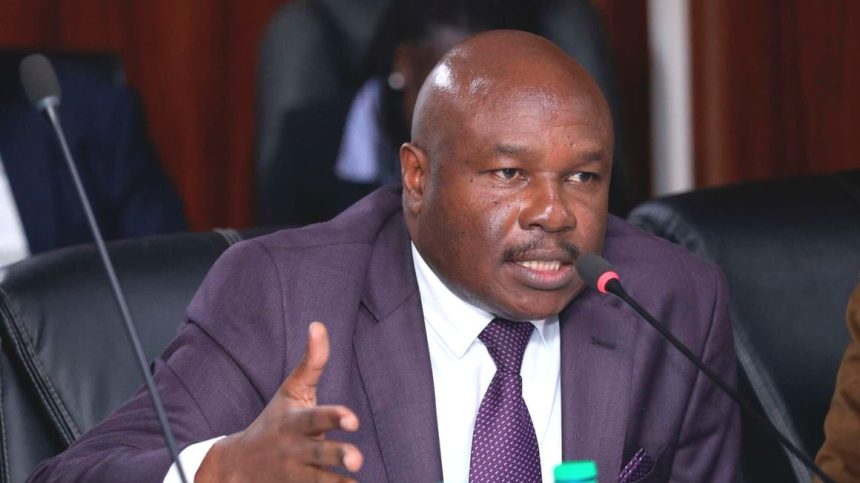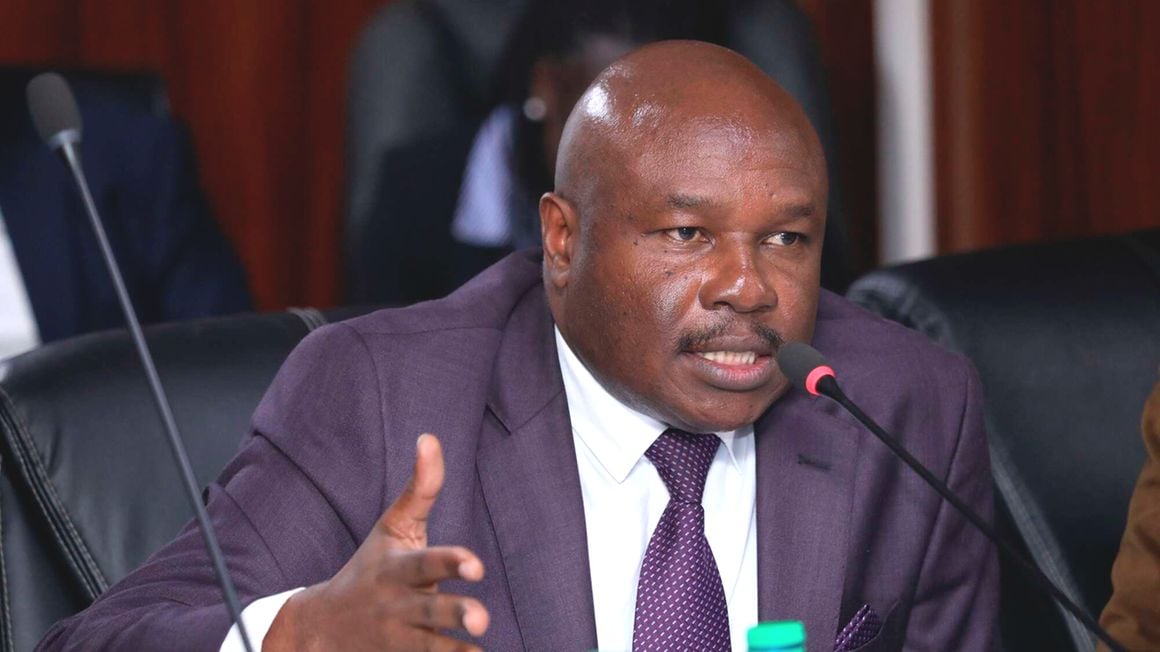Kenya plans to start chartering vessels to undertake local transshipments of cargo as it moves to lock out foreign vessels that have been denying the country more than Sh3 billion yearly.
Shipping and Maritime Affairs PS Shadrack Mwadime said the government would invoke the cabotage laws under the Merchant Shipping Act to allow and facilitate the planned sea-borne transhipment plan.
Kenya does not have a national shipping carrier, which has seen it lose billions in freight charges paid to foreign shipping lines docking at the Mombasa port.
Transhipment involves the unloading of goods from one vessel and loading them into another to complete a journey to the final destination port.
Although Kenya has enacted several shipping laws over the last 15 years, cabotage law remains untouched despite its potential economic and security benefits.
Cabotage laws are used to restrict the operation of the sea, air, or other transport services within or into a particular country to that country’s own transport services.
The absence of cabotage law costs local shipping and logistic firms millions of shillings every year, which includes a delivery order free of Sh9,500 ($70) per container, container cleaning charges at Sh2,700 ($20), container deposits of Sh6,900 ($50) and an administration fee of Sh5,500 ($40) per container.
“Cabotage law has been applied in other countries with coastlines to protect their domestic shipping industry, and there is no reason why the same should not apply to Kenya,” said Mr Mwadime.
The PS was speaking at a sensitisation meeting in Kwale to educate and empower the youth on the opportunities in the blue economy space in Kenya, with a particular focus on the maritime and shipping industry.
Mr Mwadime said besides earning Kenya foreign exchange, the cabotage law would offer graduates in maritime studies sea time experience, which is mandatory before employment.
“Once we agree on modalities in implementing the cabotage law, we will start by chartering vessels from other shipping lines and take over the responsibility of transshipments of cargo from Mombasa as the hub port to other ports in the region,” he said.
In the deal, the Kenya National Shipping Line (KNSL) will be required to enter into an agreement and work with other foreign vessels to do transshipments of cargo through chartered vessels.
“It is time the country takes up the role of a transhipment hub since Mombasa port is adequate and capable of handling big vessels then as a country, we discharge the cargo regionally to other destinations with smaller vessels,” said Mr Mwadime.
Among those who accompanied the PS were Kenya Maritime Authority Chairman, Hamisi Mwaguya, and Coast Development Authority Chairman Ali Mondo among other leaders.
Also read: Implement laws to rein in boda bodas
The government has set up measures to increase revenues and already the Kenyan government has moved in to initiate a process of barring private clearing and forwarding agencies in the country from handling all government imports and exports as it also seeks law change to revive KNSL.
The move will see all government cargo being imported or exported either by air, ocean and land are cleared by the government-owned clearing and forwarding agency leaving tens of private firms with no business.
Mr Mwadime said the government is committed to turning around the now moribund Government Clearing Agency (GCA) and KNSL into a profit-making institution within the shortest time to save more than Sh3 billion spent annually on private shippers and clearing and forwarding agents.
The PS said the GCA is capable of generating revenue worth Sh500 million annually through clearing and forwarding services.




